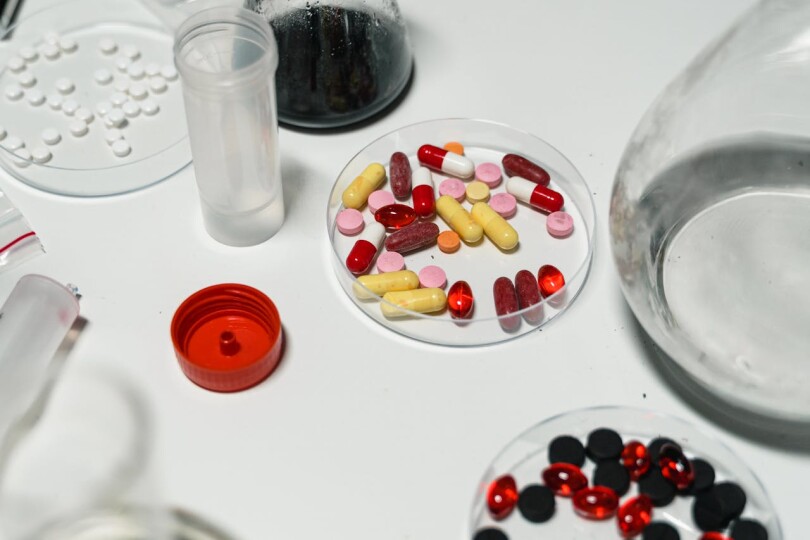Why Is the Gulf Attracting Climate Tech Businesses?
28 Jun 24
Enviro ChatThe Global News Source for the World of Science and Chemicals
14 June 2024
Chem Chat
How Does AI Help With Drug Discovery?
Discovering new drugs is a lengthy, complicated and prohibitively expensive process. At present, it can take a dozen years to bring a drug to development and the success rate among new pharmaceuticals is generally under 1%. However, the huge advances made in healthcare technology – specifically with regard to artificial intelligence (AI) – could be about to change all that.
AI can play an instrumental role in optimising and accelerating drug discovery. That’s because it can better pinpoint the root cause of the disease, identify which molecules are best placed to tackle it and engineer a drug capable of surviving the digestive system and meeting the particular needs of a patient.
Historically, developing a new drug has cost anywhere from $2 billion to more than $6 billion, with up to $700 million being spent on the pre-clinical phase on its own. What’s more, the entire process can take up to 12 years, meaning countless lives lost in the interim. There are still thousands of diseases for which we currently have no effective treatment plans in place.
AI could be capable of slashing those times and costs. It’s projected that most drugs could be brought to the clinical trials phase for an average outlay of $4 million (0.6% of the current total), with a maximum ceiling of $20 million expected in difficult cases. What’s more, tangible results could be achieved within seven years.
AI can be responsible for revolutionising the way in which drugs are discovered and developed in three key ways. These are:
Although no AI-generated drugs have yet been brought to Phase 3 clinical trials, the world’s first Phase 2 AI-driven drugs have been pioneered by Insilico Medicine, a biotech company based in Hong Kong. The company’s founder and CEO believes that due to its technical proficiency, extensive experience and political neutrality, the UAE could be the perfect hub for the technology.
“"For the first time in human history, AI can help convert money into drugs over a seven-year period. The most intelligent way to spend the money is to design locally and outsource globally,” explained Alex Zhavoronkov. “This approach avoids instability seen between major powers like the US and China, ensuring steady progress.”
DOWNLOAD PDF

2 Day Seminar Program
@ ArabLab+ 2024
24 & 25 September 2024
Your stay in Dubai
Labkit
Product News
Chemkit
Product News
Thinking about exhibiting at ARABLAB 2024? Watch our video to find out more.
Join the world’s leading organisations…
Join our mailing list and receive the ARABLAB newsletter and event updates.